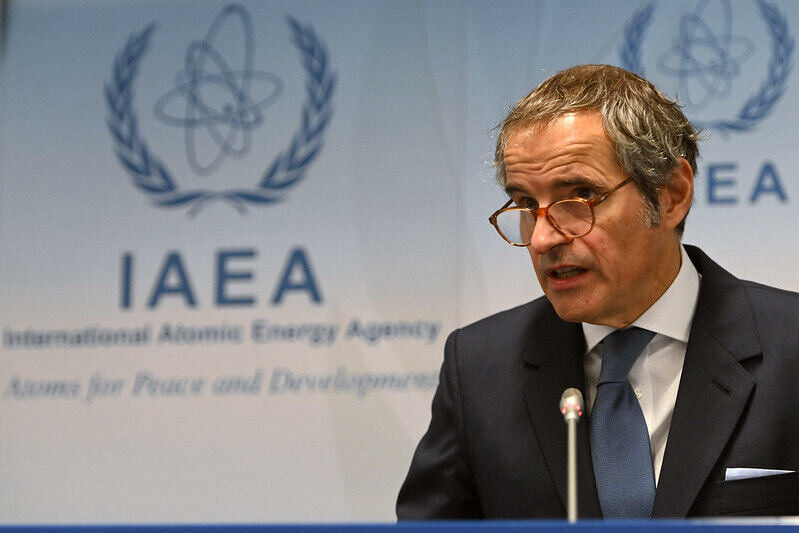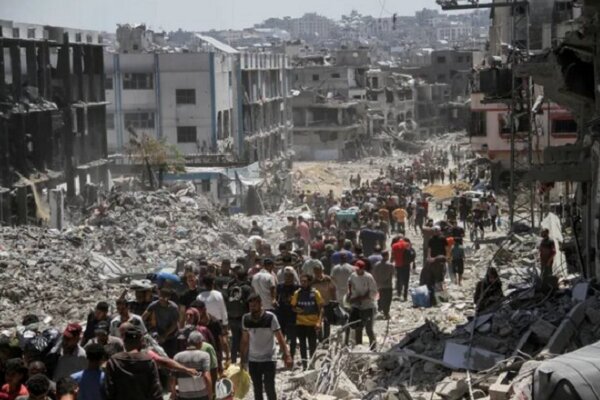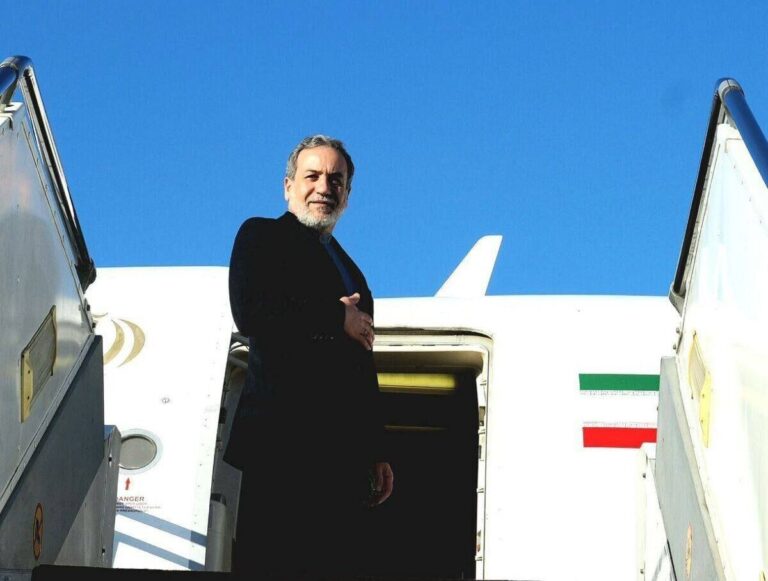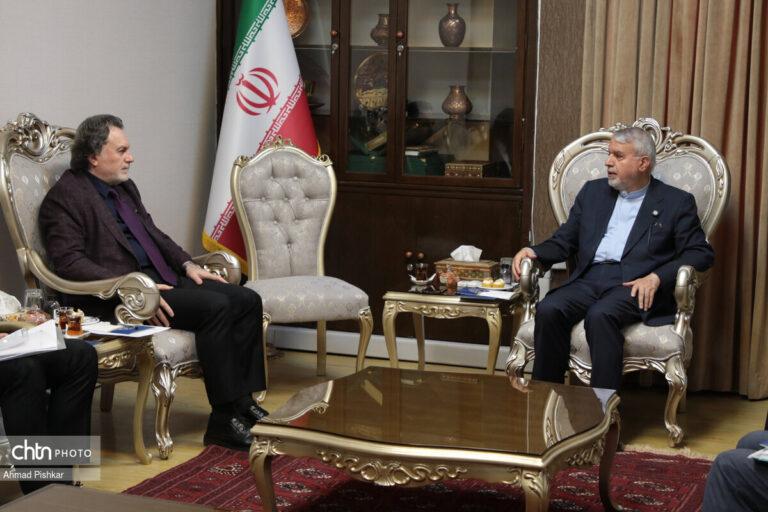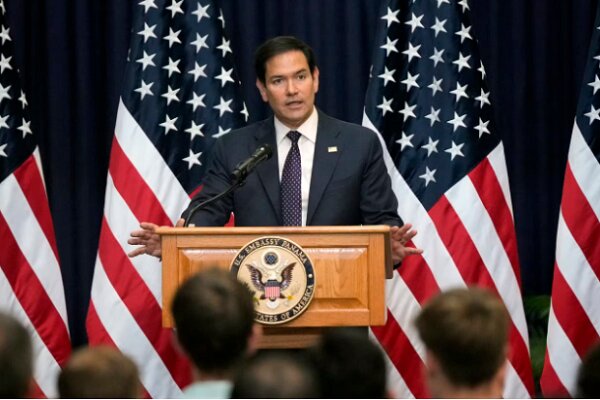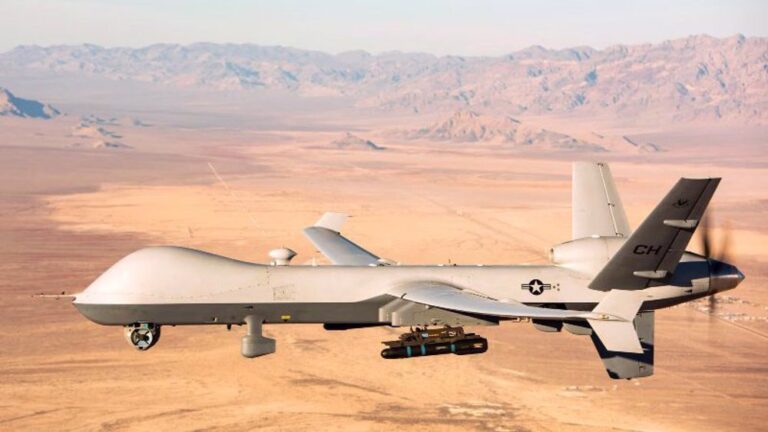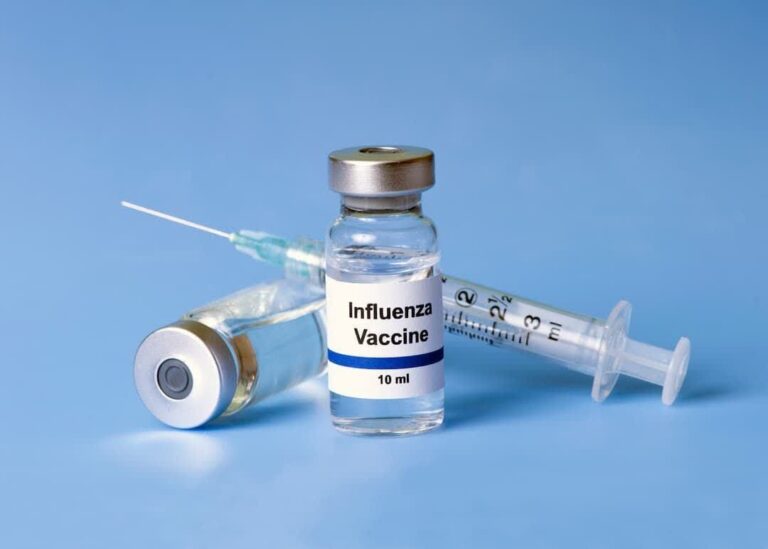IAEA Chief Confirms: Iran Lacks Nuclear Weapons Capability
In a recent interview, Rafael Grossi, the head of the International Atomic Energy Agency (IAEA), made headlines by discussing Iran’s nuclear capabilities. According to Grossi, the IAEA’s assessment indicates that Iran has enough enriched uranium to potentially produce six or seven nuclear weapons. However, he emphasized that Iran does not currently possess any nuclear weapons, a statement that could heighten global tensions and exacerbate the United States’ aggressive stance towards Iran.
Grossi’s comments have sparked significant discussion regarding Iran’s nuclear program and the geopolitical implications of such statements. Here are some critical points to consider:
- IAEA’s Assessment: Grossi’s remarks suggest that while Iran has amassed a considerable amount of enriched uranium, the country has not crossed the threshold into actual nuclear armament.
- Access to Facilities: Iran has consistently provided IAEA inspectors with full access to its nuclear facilities. This transparency aims to demonstrate compliance with international regulations and to dispel concerns about nuclear weapon production.
- Political Tensions: The statements from the IAEA may influence political relations, fueling existing tensions between Iran and Western nations, particularly the United States.
- U.S. Foreign Policy: The U.S. has often used reports from the IAEA and other international bodies as justification for its foreign policy strategies in the West Asian region. This could lead to further destabilization in an already volatile area.
Iran has consistently argued that its nuclear program is for peaceful purposes, focusing on energy production and medical applications. The country’s commitment to transparency is evident in its cooperation with international inspectors. Despite this, the rhetoric surrounding its nuclear capabilities remains a contentious issue.
Grossi’s interview has the potential to shift the narrative in international relations, especially concerning the ongoing discussions about Iran’s nuclear ambitions. While the IAEA head acknowledges Iran’s capacity, he also reiterates the absence of nuclear weapons. This duality in messaging could lead to misunderstandings or amplify fears among nations wary of Iran’s intentions.
Moreover, the IAEA’s reports, often perceived as aligned with Western interests, may not accurately reflect the situation on the ground. Observers argue that such narratives could be used to justify military or economic actions against Iran, escalating the crisis further. The situation presents a complex challenge for diplomacy, as stakeholders navigate a landscape filled with mistrust and competing interests.
As the global community watches closely, the implications of Grossi’s statements could reverberate across international forums. The discourse surrounding Iran’s nuclear capabilities is not just a matter of technical assessments; it also encompasses deep-rooted political dynamics and historical grievances that shape current interactions.
In conclusion, while Rafael Grossi’s interview sheds light on Iran’s enriched uranium stockpile, the broader implications of such statements cannot be overlooked. With a delicate balance of diplomacy and military posturing at play, the world must tread carefully as it addresses the intricacies of Iran’s nuclear program. The ongoing dialogue will be crucial in determining the future of international relations and the stability of the West Asian region.
For more updates on this developing story and its implications on global politics, stay tuned to reliable news sources.
